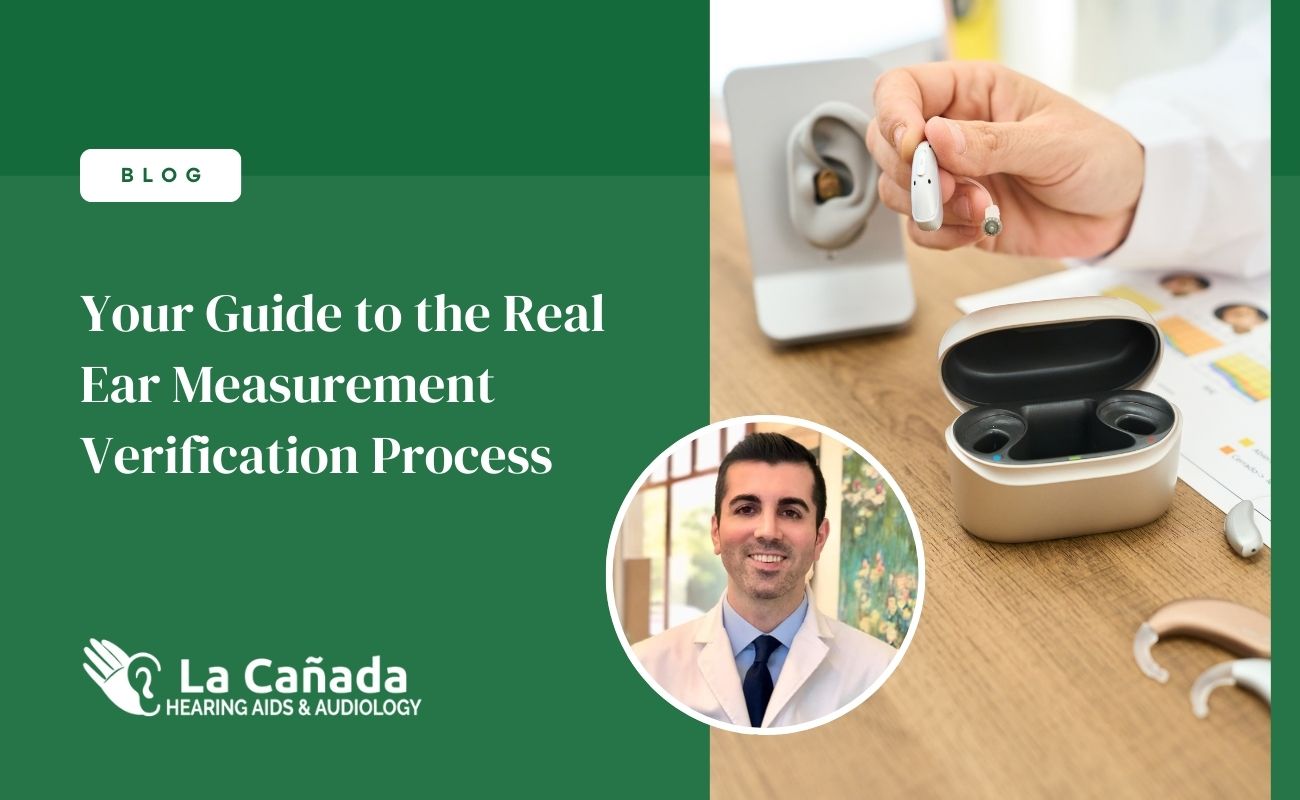Hearing aid users are spoiled for choice. Models keep getting better as the level of technology advances, providing more features to help you communicate in challenging listening situations. Here are some of the best hearing aid developments we have witnessed in recent years.
Lithium-ion rechargeability
While rechargeable options have been on the market for a while, most hearing aid manufacturers are excited about Lithium-ion (sometimes referred to as Li-on) technology. They are based on the battery type used in mobile phones and provide more stable power than other rechargeable batteries.
Lithium-ion technology has a shorter charging time and a vastly improved battery life compared to previous rechargeable technologies. For these reasons, it is the rechargeable option that best matches the cutting-edge technologies of today's hearing aids.
You will get four years of battery life with a rechargeable battery compared to 1 year with rechargeable Silver Zinc batteries. The only downside for rechargeable Lithium-ion batteries is that they can not be switched out with a disposable battery like the Silver Zinc batteries can.
Bluetooth compatibility: no need for a streamer
Using Bluetooth, you can make and receive mobile phone calls by pressing a button on your hearing aids. This removes the need to keep a phone to your ear while wearing a hearing aid, providing you with a direct voice connection and better sound quality. Many people also use Bluetooth hearing aids to listen to songs, audiobooks, and their favorite songs.
Bluetooth is not a new feature in hearing aid technology. The first generation of Bluetooth hearing aids (released around the mid-2000s) also allowed the user to connect to almost any Bluetooth audio device. The downside was that another device was required between the hearing aids and the sound equipment. This 'streamer' tool - usually a small disk or box worn on a neck loop - was needed if you wanted to connect wirelessly with your smartphone.
This all changed in 2014 with the release of the Bluetooth Low Energy ( BLE) technology. Without the requirement to wear a neck loop or other accessories, hearing aids using BLE technology could connect directly to Apple-brand devices. Today, the latest models can connect to any smartphone without a streamer (not just an iPhone), allowing anyone with a smartphone to enjoy easy connectivity to a hearing aid.
Telehealth/Remote programming
The 2020 pandemic has demonstrated the need for remote medical services for those who are confined to their homes. With Telehealth, it is possible to flip the more conventional face-to-face model of hearing treatment to fit the needs of those who can not make it to their audiologist's office.
With the latest hearing aid technology, audiologists can now fit and reprogram hearing aids for users as they relax in the comfort of their homes. It doesn't matter where the patient is - they could be tens, hundreds, or even thousands of miles away. Video conferencing may also be used to communicate with the patient about their other hearing-related needs.
Some of Telehealth benefits include:
Convenience. Audiologists can follow up more quickly on questions through video, web chat, or phone as if the patient and hearing provider were sitting in the same office.
Time saved. Telecare removes the waiting times and the discomfort that could come from going to a hearing aid appointment. It also minimizes travel time and reduces the need to sacrifice valuable annual leave days at work.
Quality of care maintained. Studies have found patient satisfaction rates are similar to those found using in-person care.
Learn more about our telehealth services here.
Activity Sensors
A few years ago, Starkey launched the world's first hearing aid with built-in activity sensors. Named Livio AI, the model supports hearing loss individuals while providing some of the same features found on current wearable technology.
According to the company, Livio AI is a "multi-purpose hearing aid" that has built sensors into its latest model to monitor the physical activity of the user. The collected activity data can also be viewed using the Google Fit and Apple Health apps, and the Thrive Wellness Score also presents an overall health score.
The model also includes individual sensors that detect when the hearing aid user has fallen over and then alerts family members immediately.
While this is the first use of activity sensors, it certainly won't be the last. Only time will tell how hearing aid manufacturers will leverage this exciting innovation in the future.
Artificial intelligence
You may have learned about AI in self-driving vehicles, smartphones, and smart home devices, but did you know that AI is also used in some of today's hearing aids?
AI is transforming the hearing aid industry with its potential ability to improve the hearing experience in many different areas.
The current generation of AI-powered hearing aids can sense your surroundings and detect the sounds you want to concentrate on. For instance, when sitting in a challenging environment like a restaurant, AI hearing aids will reduce crowd noise and enhance the voice of the person you're trying to hear. They can also remember your favorite settings for locations that you visit and turn them on automatically when you reach that area again.
We can help you find the right hearing aid for you. Please contact our practice to schedule a consultation with Dr. Kevin Ivory.

%20(1).png)
.webp)





